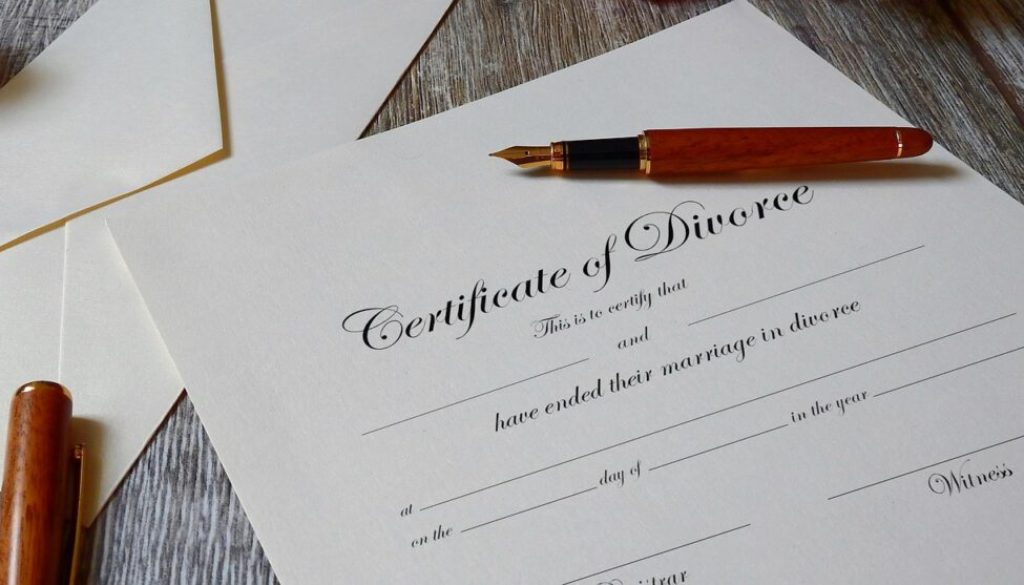Divorce In Colorado
Divorce in Colorado is a legal process that allows couples to dissolve their marriage. Colorado is a no-fault divorce state, meaning that neither spouse has to prove that the other is responsible for the breakdown of the marriage to get a divorce.
To file for divorce in Colorado, at least one spouse must have been a resident of the state for at least 91 days before filing. The divorce paperwork must be filed in the district court in the county where either spouse lives. The person filing for divorce is known as the petitioner, and the other spouse is known as the respondent.
The divorce process in Colorado typically involves the following steps:
- Filing for divorce: The petitioner files a petition for dissolution of marriage with the district court, and serves the respondent with a copy of the paperwork.
- Response: The respondent has 21 days to file a response to the petition, either agreeing or disagreeing with the terms of the divorce.
- Temporary orders: If necessary, the court may issue temporary orders regarding child custody, support, and spousal maintenance while the divorce is pending.
- Discovery: Both spouses exchange information about their finances, assets, and debts.
Negotiation: The spouses and their attorneys negotiate a settlement agreement that outlines the terms of the divorce, including property division, child custody, support, and maintenance. - Final orders: If the spouses are able to reach an agreement, the court will issue final orders that officially dissolve the marriage.
If the spouses are unable to reach an agreement on the terms of the divorce, the case may go to trial. At trial, a judge will make decisions about property division, child custody, support, and maintenance.
It’s important to note that Colorado law requires couples with minor children to attend a parenting class before a divorce can be finalized. This class is designed to help parents understand the impact of divorce on their children and learn strategies for co-parenting effectively.
Overall, divorce in Colorado can be a complex and emotionally challenging process. It’s important to work with an experienced divorce attorney who can guide you through the process and protect your rights.




